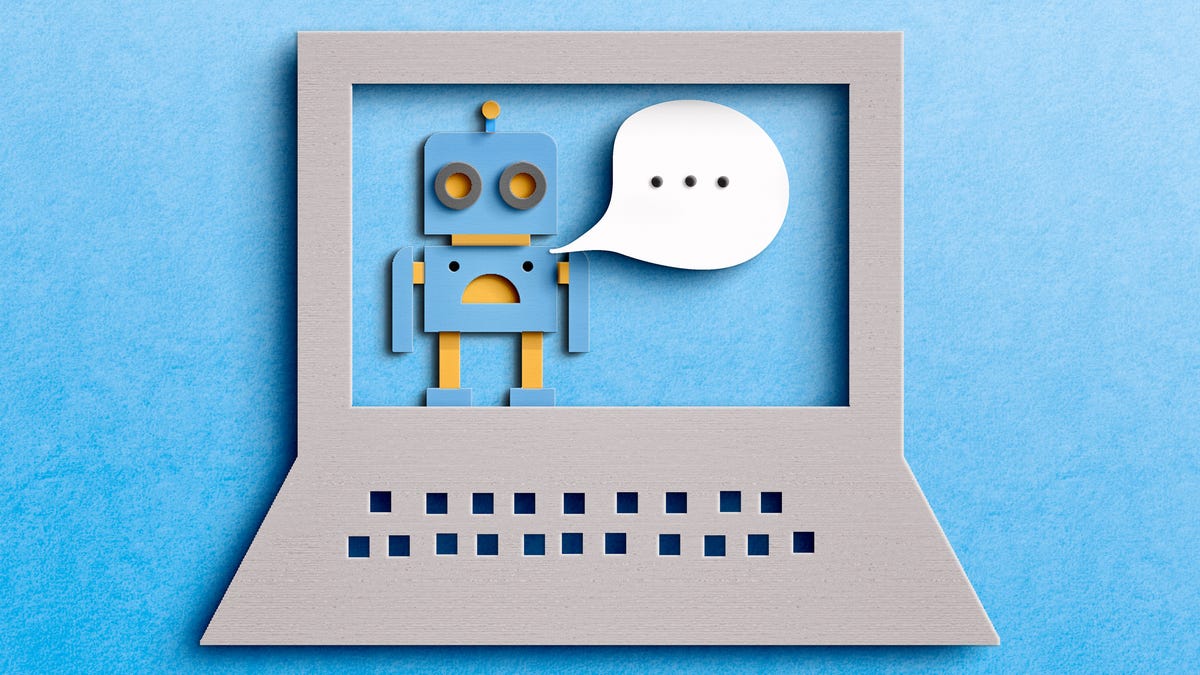Graphic Novel's AI-Generated Art Won't Get Copyright Protections
Anything written by the author qualify for copyright, though.

While industries debate over how to integrate AI-created content, the US Copyright Office has pulled some protections from a graphic novel that was made with AI.
The Copyright Office decided that the individual images in the graphic novel, Zarya of the Dawn, that had been created by the AI technology Midjourney wouldn't be protected by copyright, according to a letter reported on earlier by Reuters. The Copyright Office later confirmed the contents of the letter and that the office had made a revised decision on the work: Copyright would be granted to the parts of the comic that had been crafted by the human author -- specifically, the writing and the work as a whole.
The Copyright Office had originally registered the work under copyright but discovered through social media that the author had used Midjourney to help create the graphic novel -- the word Midjourney was listed alongside the author's name on the comic's cover image, implying co-authorship, but its contribution wasn't disclosed on the copyright application.
After clarification on the author's contribution and methodology of using an AI to generate images, the Copyright Office narrowed what a new copyright would protect: the text and author's instructions to AI, but not the artwork the AI had produced.
Creative industries have taken different approaches to integrating AI-crafted work. The photo services Getty Images and Shutterstock started removing AI-generated images late last year, while Adobe Stock announced it would accept them.
Editors' note: CNET is using an AI engine to create some personal finance explainers that are edited and fact-checked by our editors. For more, see this post.

